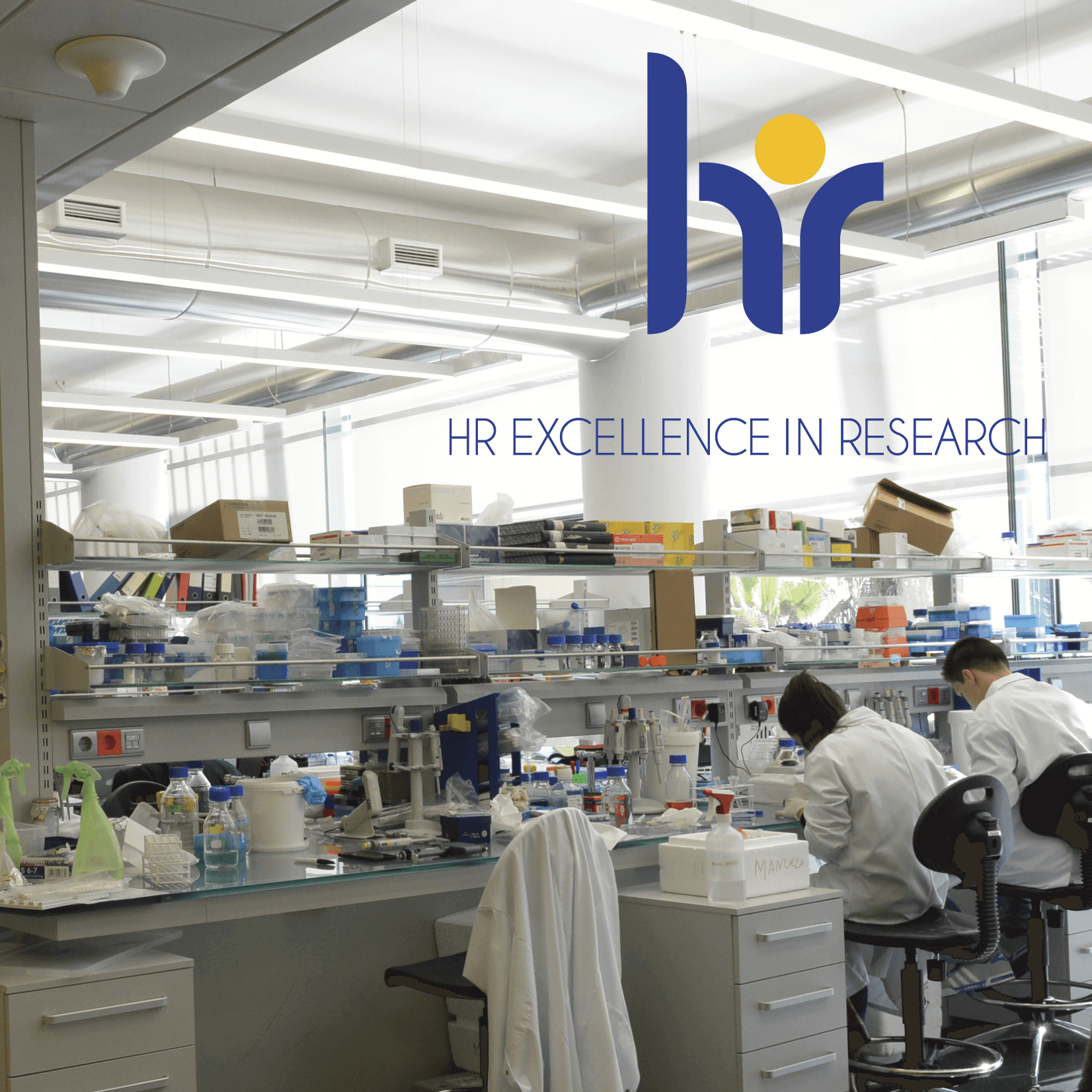The Use of Defensive Responses to Study Patterned Sequences of Behaviour
Marta Moita, Behavioral Neuroscience Lab
Circuit Mechanisms Driving Movement Disorders
Joaquim Alves da Silva, Neural Circuits Dysfunction Lab
Moderation
25 November 2025
From school to global impact: an international journey
When Tiago Santos first walked through the glass corridors of the Champalimaud Foundation (CF) in 2014, he already had two years of nursing experience, but none in urology or oncology. “Deep down, one could say I started a new chapter of my career here,” he admits with a wry smile. Indeed, stepping into a nearly empty unit with no reference guides, protocols, or precedents might have made most people run for the hills. But not Tiago. For him, the emptiness was an invitation: a white canvas on which to paint the future of urology nursing at CF.
24 November 2025
Your gut’s railway switch: how the “second brain” decides between attack and repair
The work fits into a broader effort to understand how the immune system maintains balance – a theme underscored by this year’s Nobel Prize in Physiology or Medicine for discoveries in immune tolerance.
21 Nov. 2025
MRI Technician (Preclinical MRI Platform)

Application Starts: 21 Nov. 2025
Application Ends: 19 Dec. 2025
[THIS CALL IS NOW CLOSED]
Offer Description
Champalimaud Foundation (Fundação D. Anna de Sommer Champalimaud e Dr. Carlos Montez Champalimaud), a private, non-profit research institution in Lisbon, Portugal, is looking for a MRI Technician to join our team at the Champalimaud Research Program.

